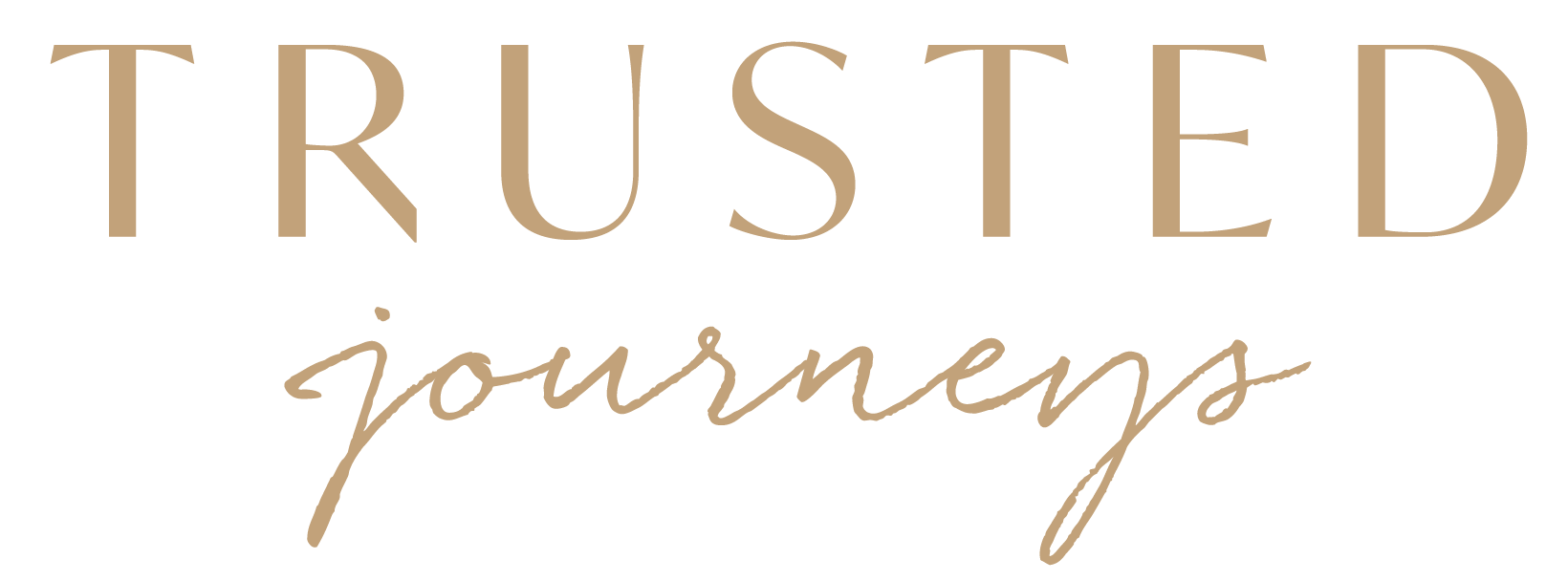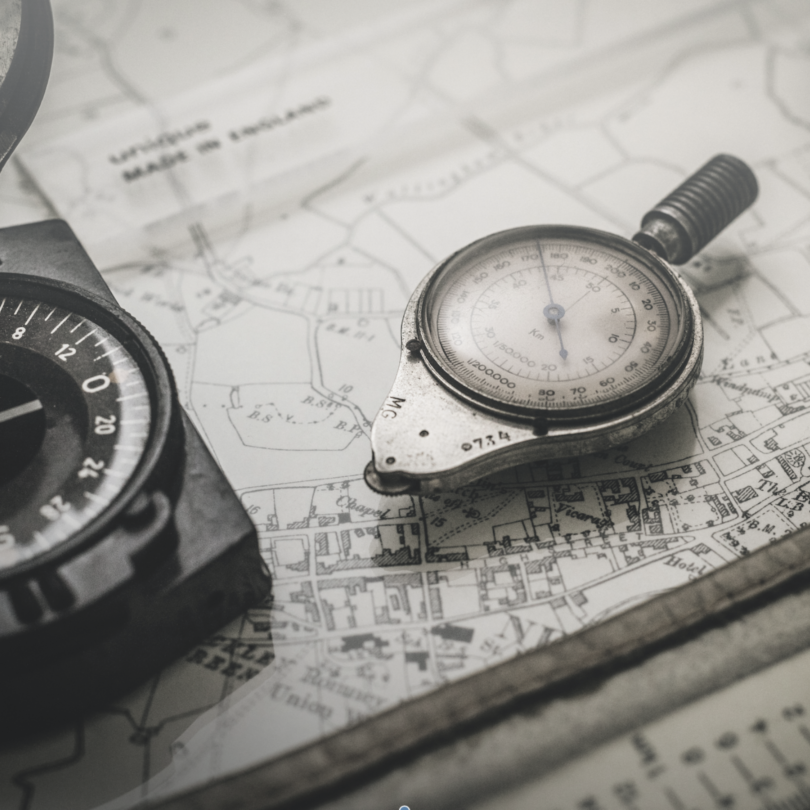Other scientists ridiculed John Bowlby and Mary Ainsworth when they first developed attachment theory in the 1950s and 1960s. But now, most experts agree: Humans need other people as much as they need food, water, and air. More precisely, everybody needs others who accept and care for them.
According to attachment theory, people adopt one of four relationship styles to maximize feelings of caring and belonging in their family. With enough stress, families can become too overwhelmed to care for each other and to avoid hurting each other. People tend to adopt one of three “insecure” styles of attachment when their families have more stress than they can handle: anxious, avoidant, and fearful-avoidant.
People who are anxiously attached intensify relationship signals and responses to relationship threats. For example, they may poke, direct, drag, plead and criticize to gain understanding and support. Roughly 20% of people in the US population related to their loved ones with an anxious style.
People naturally relate in an anxious way when their family is under significant stress. Unfortunately, many families deal with difficult circumstances, including unresolved issues from past generations. As a result, parents may miss or dismiss their children’s attempts to get attention and support. Alternatively, parents in difficult circumstances can be hyper-focused on protecting their children. In these situations, relating anxiously can maximize attention and support.
“Getting big” by being forceful about your feelings, or by poking, prodding or criticizing, makes sense. It can succeed in getting attention. Likewise, working hard to take care of the stressed people you depend on, so they can better care for you, makes complete sense too.
Though there are four universal styles of relating, each person is unique. Anxious attachment lies on a continuum and is not black and white. Also, many people combine attachment styles and respond differently in different situations.
If you are anxiously attached, you may feel alone in your hard work to maintain close relationships. You may feel the weight on your shoulders of holding your family or marriage together. Perhaps you get angry because you work to care for others but feel unsupported yourself. Sadly but commonly, you may feel unimportant and uncared for.
If you are anxiously attached, you’re likely to relate:
- Even if I’m tired at the end of the day, I take care of my partner and family.
- If I need support, I have to poke my partner or make a case to get it.
- I feel I hold most of the responsibility for our relationship.
- My feelings are too much of a burden to others, so I try to take care of myself and ask for support only when I feel overwhelmed.
- I often get angry or irritable because it doesn’t feel like my partner cares for me.
- I may appear critical and controlling when I am actually feeling alone and overwhelmed.
While anxiously attached, you’re constantly stressing. Your nervous system is continually responding to cues of threat. As a result, you’re risking your health and mental health, and becoming more vulnerable to substance abuse. Because you devote so much time and energy coping with your relationship, you may sacrifice other areas of life.
People learn to relate anxiously in childhood, and naturally carry their relationship styles into adulthood. Thus, relating anxiously has long-term negative consequences. However, people can and do change their attachment style.
Sometimes people become naturally more secure if they find a secure partner. Happily, couples can work on their relationships to move from insecurity to security. In the most common type of insecure relationship, one partner relates anxiously and the other with a more avoidant style.
If you have an anxious attachment style, you work hard to find safety and security in a stressful family situation or background. You may be frustrated, however. You may want to move you and your family to relationship security, and your attachment style isn’t getting you there.
To begin the road to relationship security, get more curious about your anxious attachment strategies. Note the good reasons you have them, in childhood and now. Next, own and name the ways you try to feel closer in your relationship. For example, “I nag at you when I’m feeling alone in taking responsibility.”
For a great way to jumpstart your path to relationship security, attend a workshop with your partner or engage in couple therapy. In particular, a
Hold Me Tight workshop provides profound education on relationship strategies and gives you structured exercises and conversations designed for success. If you or your partner is in significant distress,
prioritize couple therapy rather than individual therapy to
build your relationship security at the same time you address the issue.
If you are anxiously attached, you have good reasons for it, and you’re in good company. Get curious, learn more, and pursue a path to relationship security.



